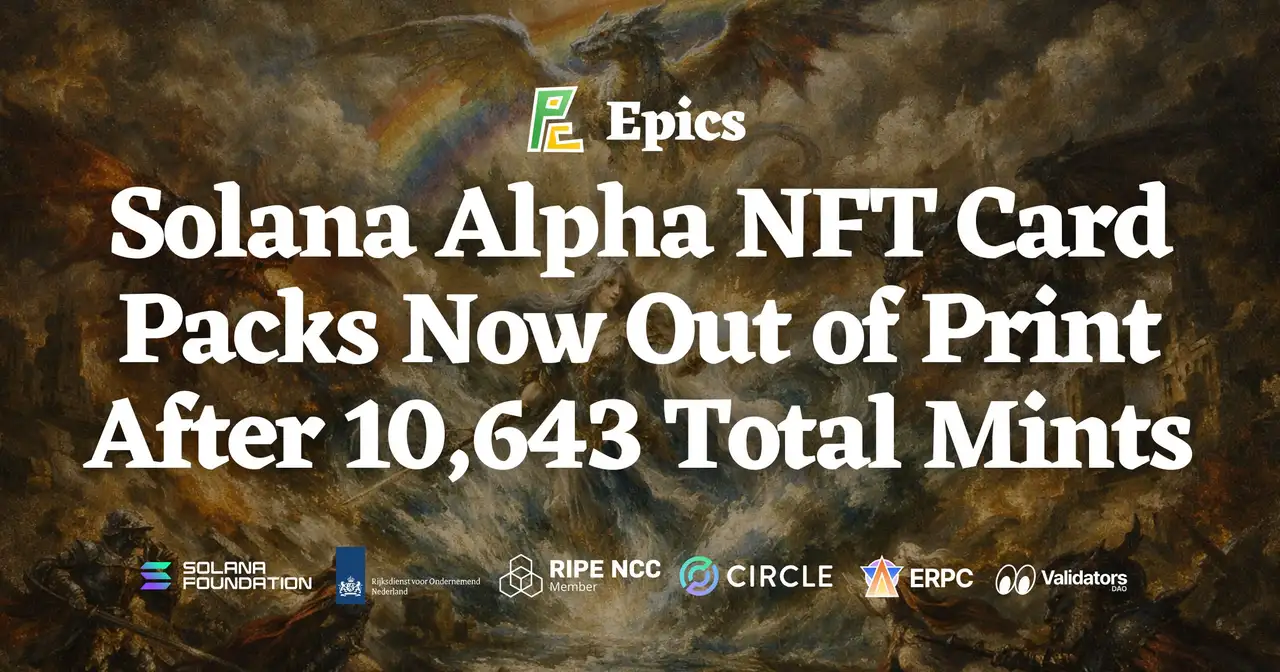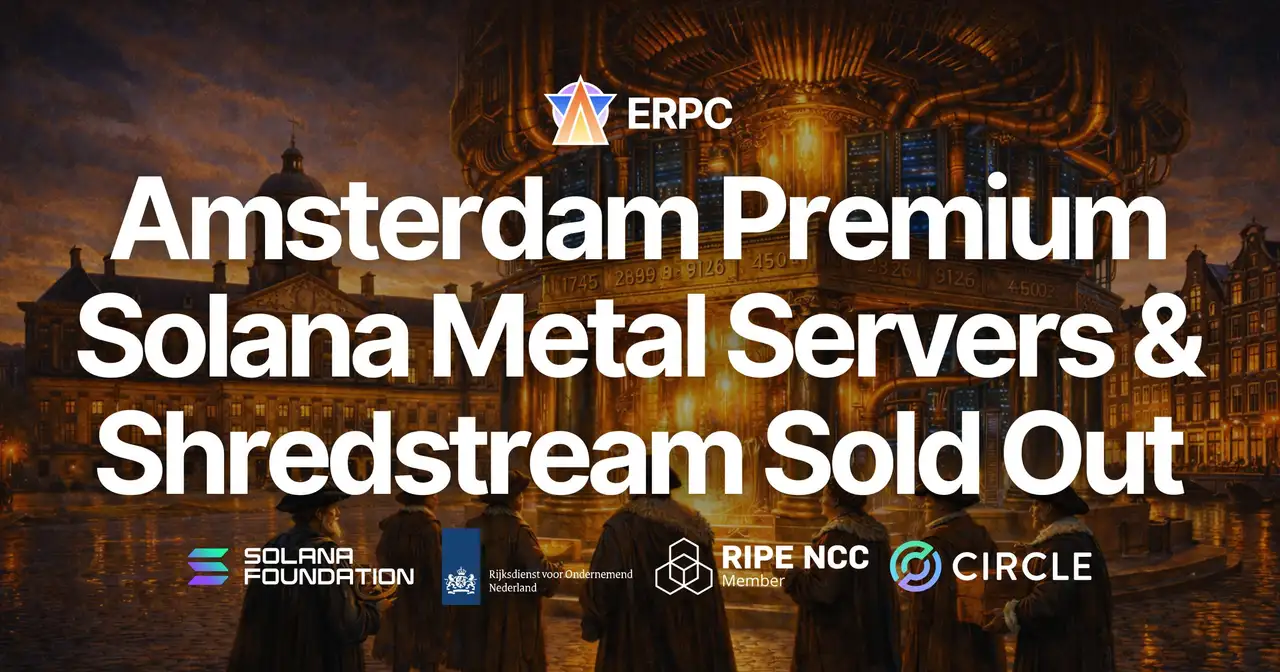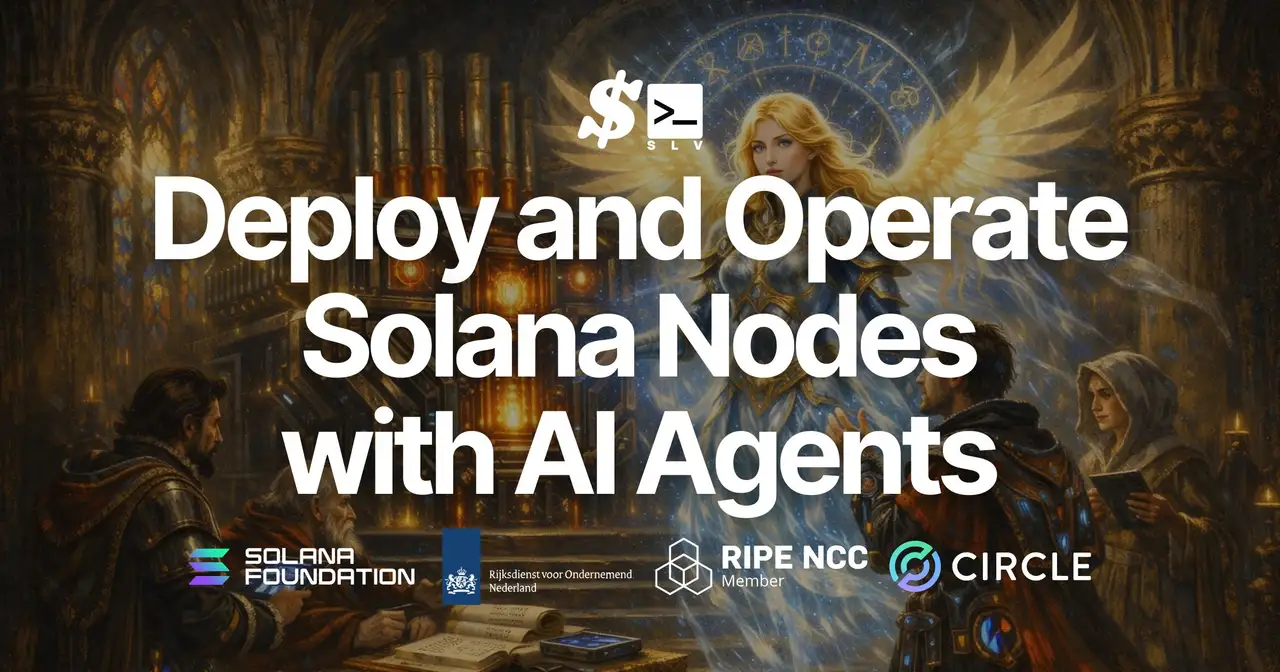ERPC Upgrades Rust-based Network Platform. Improved Cache Efficiency and Connection Management Enhance Stability for Solana RPC, gRPC, and Shredstream
ERPC Upgrades Rust-based Network Platform. Improved Cache Efficiency and Connection Management Enhance Stability for Solana RPC, gRPC, and Shredstream
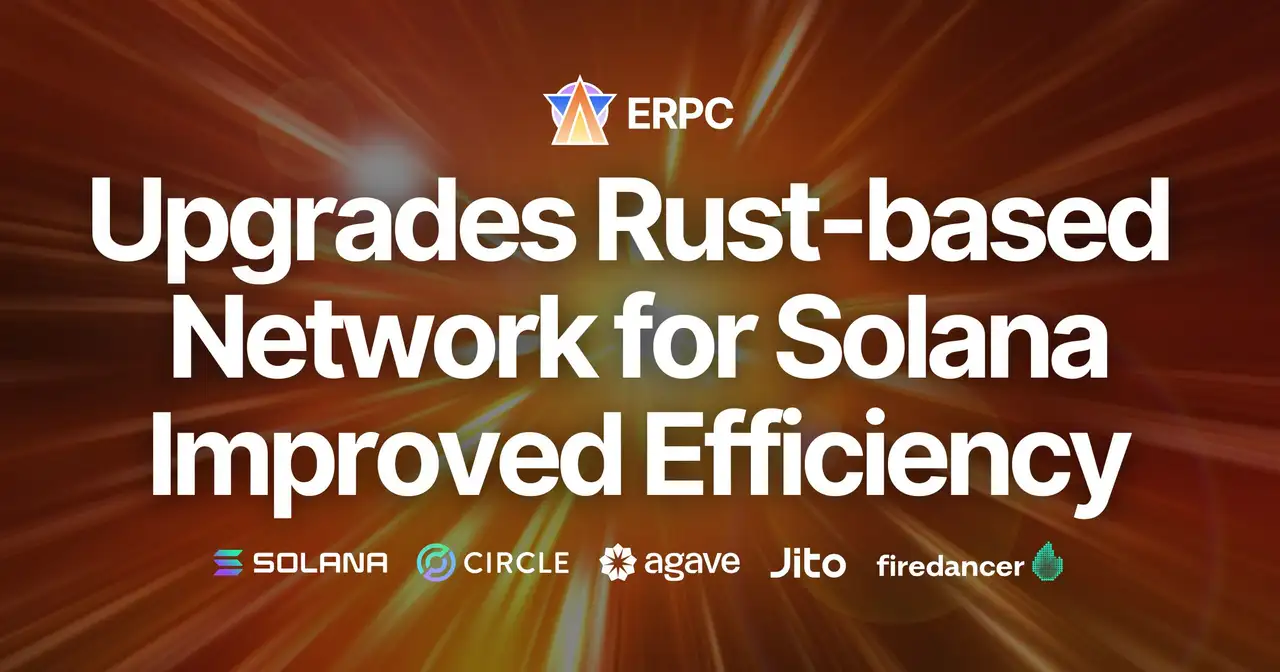
ELSOUL LABO B.V. (Headquarters: Amsterdam, the Netherlands, CEO: Fumitake Kawasaki) and Validators DAO have upgraded the entire network platform of ERPC. By fully adopting the latest version of Cloudflare’s open-source Rust framework, cache efficiency and connection management have been improved to strengthen overall stability.
This enables ERPC to deliver an even more stable and low-latency environment for all customers using Solana RPC, Geyser gRPC, and Shredstream.
Background and Purpose
In the Solana ecosystem, latency differences measured in just a few milliseconds can significantly impact transaction success rates and user experience. ERPC has already reduced latency through its zero-distance-oriented design and increased availability with dedicated infrastructure. However, efficiency and stability in the underlying network platform always leave room for improvement, especially in handling peak traffic and long-duration usage.
This upgrade reinforces the very foundation of the platform by refreshing cache efficiency and connection management, aiming to further enhance stability under heavy load and during continuous use.
What is Pingora?
Pingora is an open-source Rust-based network framework developed by Cloudflare.
It combines high concurrency performance with safety and delivers up to three times the performance of Nginx, one of the most widely used web servers.
By adopting this next-generation platform, ERPC provides Solana-optimized RPC, gRPC, and Shredstream services with high efficiency and stability.
Improvements in Pingora 0.6.0
The latest Pingora 0.6.0 includes the following improvements:
Cache-related Enhancements
- Optimized LRU cache load and save processing
Loading per shard and atomic save operations improve both reliability and speed. - Support for asynchronous purge
Cache deletion is now asynchronous, avoiding conflicts with normal request handling. - Extended cache hit filter
Enables more flexible control upon cache hits, making cache utilization more efficient.
Keepalive and Connection Management Enhancements
- Stronger control of keepalive timeout
Reduces overhead in connection reuse, improving CPU utilization and latency. - Automatic disablement of unnecessary keepalive
Prevents excessive resource consumption and maintains stable communication.
H2 / IO Layer Efficiency Improvements
- h2 crate update with MadeYouReset attack protection
Increases security while also improving efficiency. - Optimized IO error handling
Reduces unnecessary retries and redundant error handling.
Data Transfer and Request Processing
- Support for multipart range requests
Improves efficiency of large data transfers, reducing bandwidth usage and latency. - Support for caching large chunked data
Reduces re-fetching load and ensures stable delivery.
With these improvements, cache efficiency, connection management, and data transfer performance are all significantly strengthened. We have already received feedback such as “a long-pursued goal has finally been achieved,” and users should be able to experience the improvements directly in real-world environments.
Pingora 0.6.0 Release Notes: https://github.com/cloudflare/pingora/releases/tag/0.6.0
Impact on Each Service
RPC
In frequently used data fetches and transaction submissions, cache efficiency delivers smooth and stable responses even during peak times.
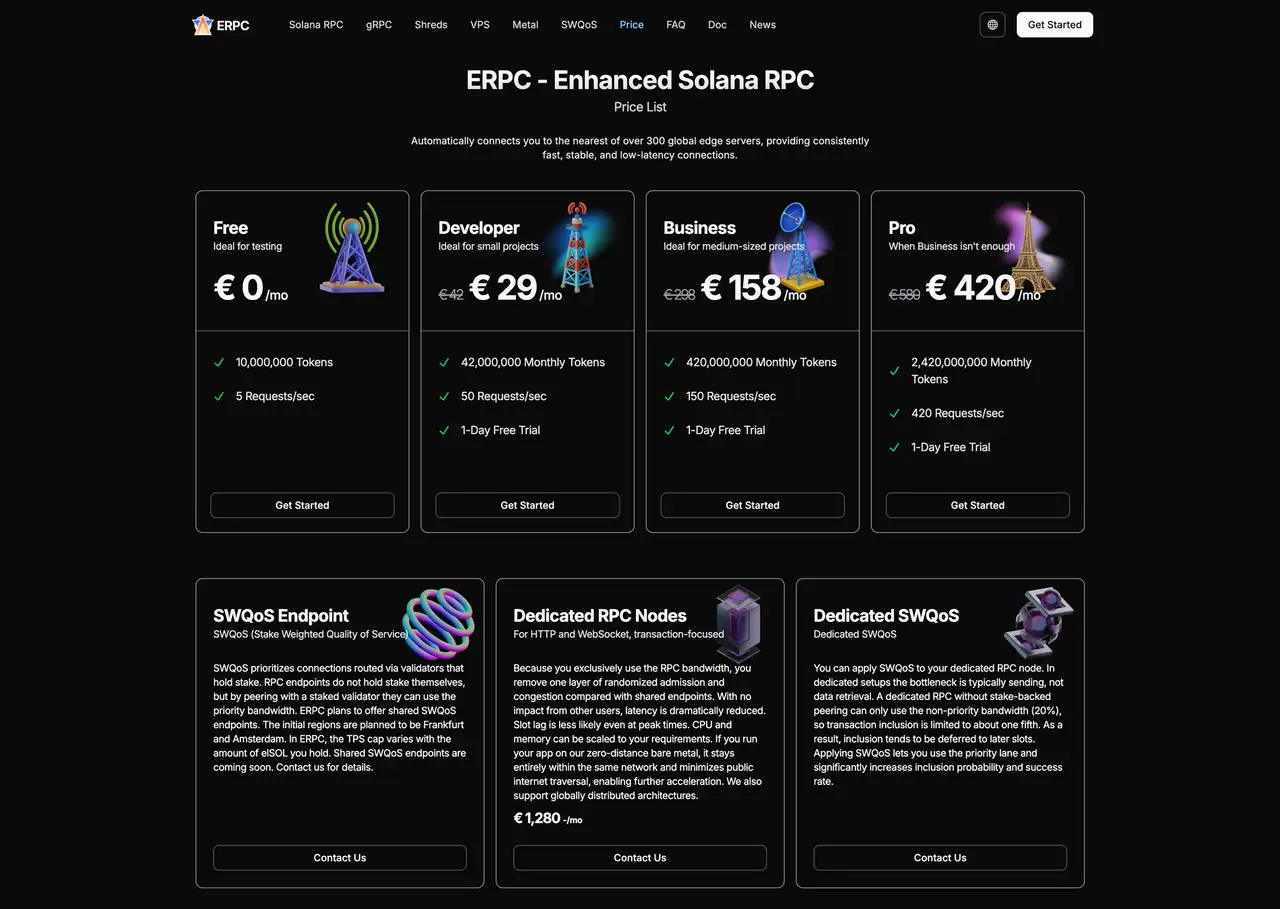
gRPC
For Geyser gRPC, where real-time performance is critical, improved connection management and optimized stream processing keep connections stable even during long sessions. The need for retries or resynchronization is reduced, providing reliable support for trading and monitoring use cases.
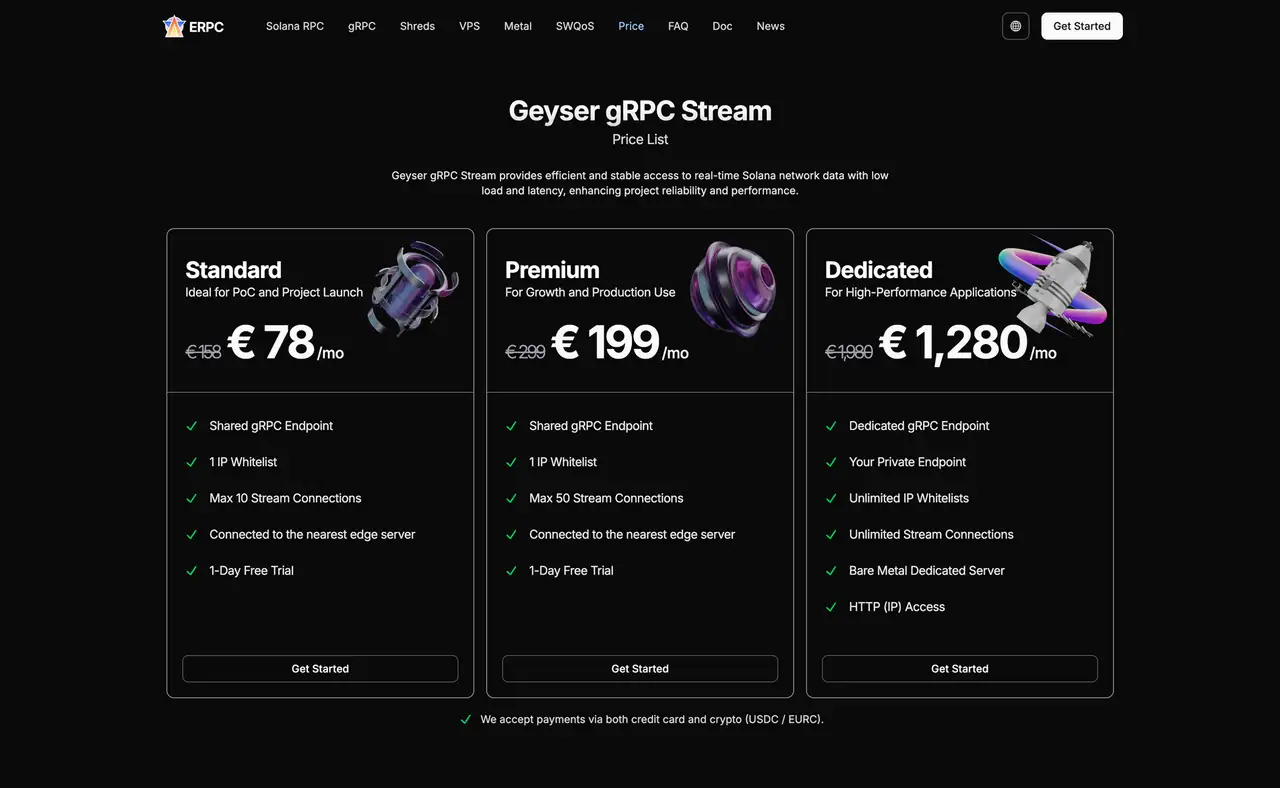
Shredstream
For Shredstream, which requires large-scale data delivery, enhanced cache and connection control ensure smooth and uninterrupted streaming with minimal lag or disruption, even under heavy load.
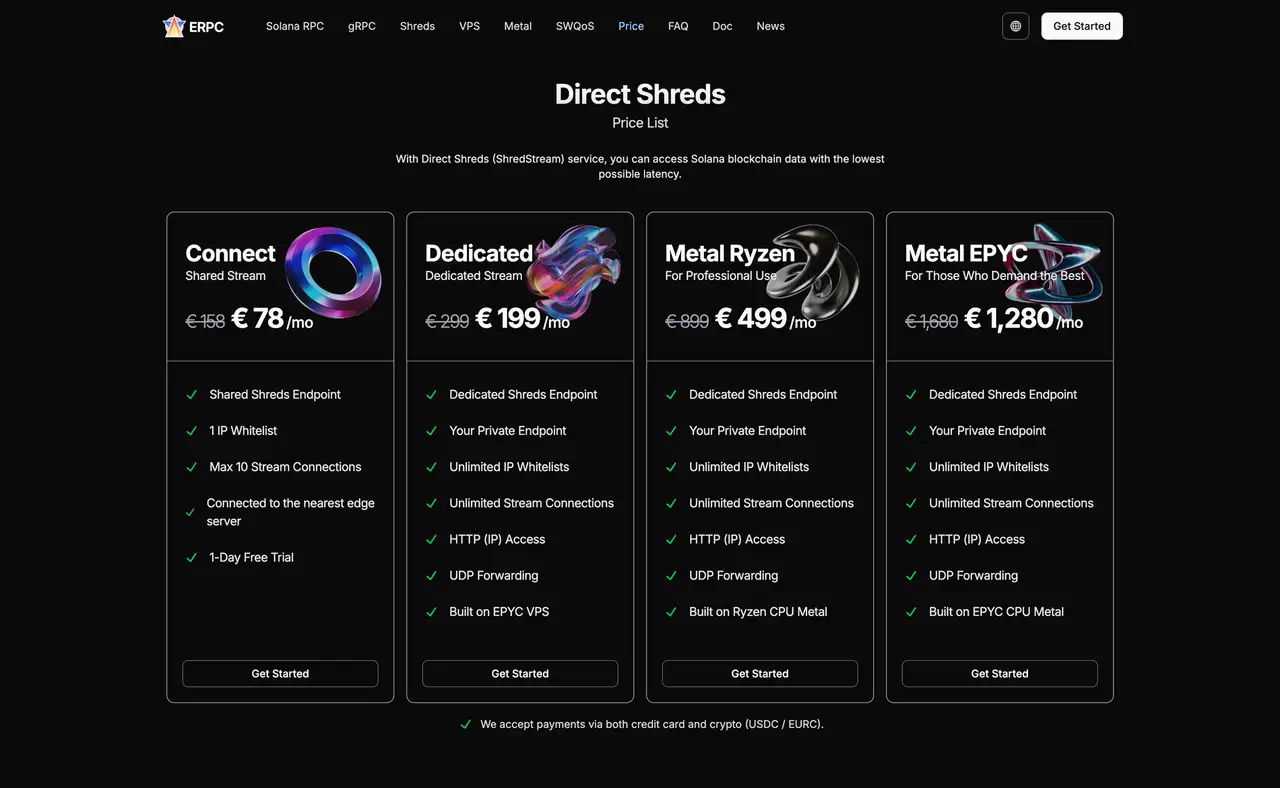
Availability
This update has already been applied to all endpoints (RPC, gRPC, Shredstream). Pricing, specifications, rate limits, and authentication remain unchanged, so customers can immediately enjoy the improvements without altering their existing environment.
We have already received many positive comments such as “a long-pursued goal has finally been achieved,” confirming that the improvements are clearly reflected in real-world usage.
We hope you will take advantage of these enhancements.
Challenges ERPC Solves
We have built dedicated Solana infrastructure and a zero-distance-oriented network in-house to solve the following challenges:
- Transaction failures and latency fluctuations common in general RPC environments
- Performance throttling imposed by many infrastructure providers
- Significant impact of network distance on communication quality
- Difficulty for smaller projects to access high-quality infrastructure
Through continuous research, development, and field validation, we are committed to providing the best possible performance as a constantly evolving platform. For consultation or free trials, please visit:
- ERPC official website: https://erpc.global/en
- Validators DAO official Discord: https://discord.gg/C7ZQSrCkYR
Thank you for your continued support of ERPC.


